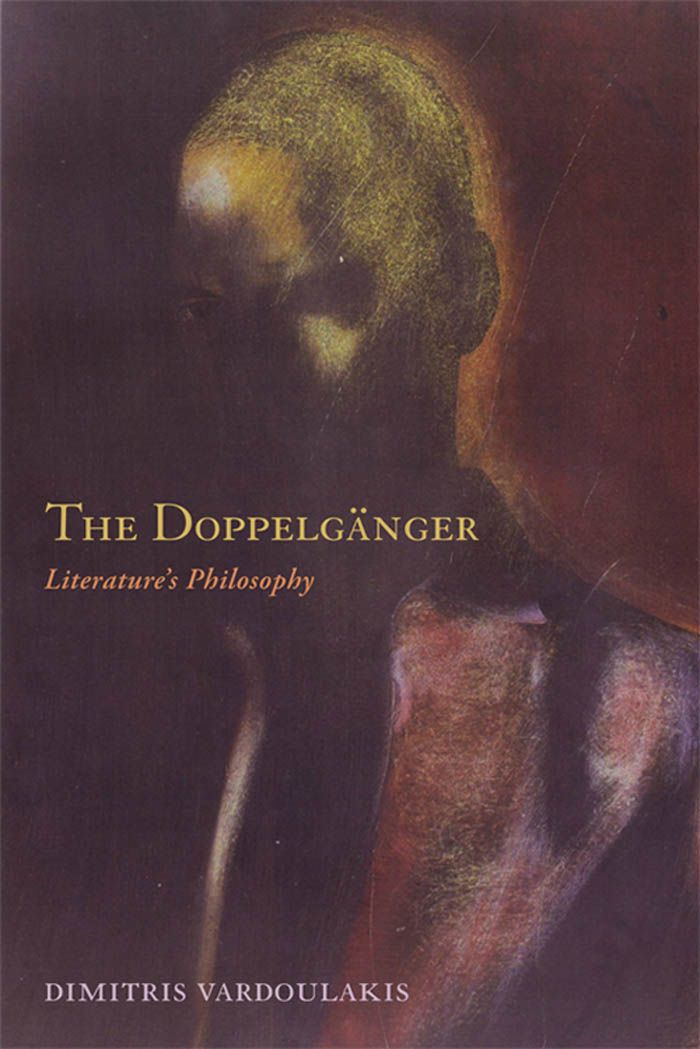The Doppelganger
Literature's Philosophy

This book can be opened with

The Doppelgänger or Double presents literature as the "double" of philosophy. There are historical reasons for this. The genesis of the Doppelgänger is literature's response to the philosophical focus on subjectivity. The Doppelgänger was coined by the German author Jean Paul in 1796 as a critique of Idealism's assertion of subjective autonomy, individuality and human agency. This critique prefigures post-War extrapolations of the subject as decentred. From this perspective, the Doppelgänger has a "family resemblance" to current conceptualizations of subjectivity. It becomes the emblematic subject of modernity.
This is the first significant study on the Doppelgänger's influence on philosophical thought. The Doppelgänger emerges as a hidden and unexplored element both in conceptions of subjectivity and in philosophy's relation to literature. Vardoulakis demonstrates this by employing the Doppelgänger to read literature philosophically and to read philosophy as literature. The Doppelgänger then appears instrumental in the self-conception of both literature and philosophy.
. . . A tour de force. . . [Vardoulakis'] study of the figure of the doppelganger is ambitiously conceived, and involves an interrogation of material that cuts across literature, criticism and philosophy.——Colloquy: text theory critique
. . . Extremely complex and ambitious, bringing together philosophy, literary theory and criticism, and proposing pregnant and rich readings of philosophical and literary texts belonging to different epochs and traditions . . .——Critical Horizons
This provocative and richly corroborated thesis, one might conclude after having read the book, deserves attention and further investigation.——Orbis Litterarum
A bold and complex treatment of a classic literary figure that will make
this book standard reference for years to come, both in what it
contributes to modernist criticism and in how it reconceptualizes the
terrain of contemporary literary theory.

